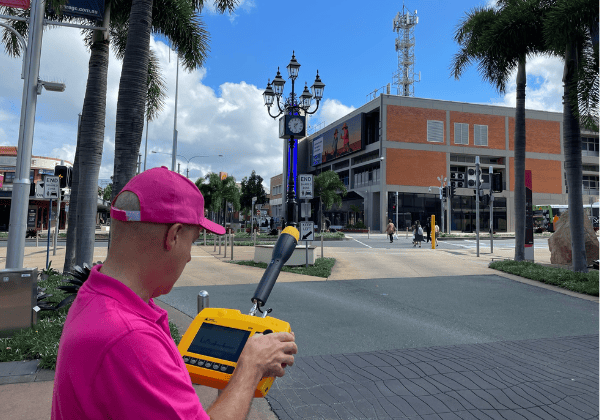Smart publications for smart contracts
Statements
Smart contracts are the focus of a recent Technical Report published by the International Organization for Standardization (ISO). Smart contracts are self-executing contracts, they can automate and authenticate processes where it is important for the participants in a process to be able to rely on and trust steps or conditions in a supply chain or exchange.
Standards Australia played an instrumental leadership role in developing the report, initially proposing the area of work internationally and managing the secretariat of the ISO Technical Committee responsible for the report.
The report outlines the potential of smart contracts and is the first stage in understanding where standards can play a key role in Australia. “This is an exciting step for the future of smart contracts and understanding how they can be utilised by Australian businesses,” said Head of Stakeholder Engagement Daniel Chidgey.
The report describes the functions of smart contracts and how they interact with each other on blockchains and distributed ledger environments.
Significantly supported by the Australian Government, this report comes after the Department of Industry, Innovation and Science supported Standards Australia’s push for blockchain standards back in late 2016, resulting in the Roadmap for Blockchain Standards.
“In the future, blockchain enabled smart contracts will sit hidden inside the engines of online systems reducing or even eliminating certain types of fraud, mistake and leakage, that until now we have all had to live with,” said Philippa Ryan, Chair of the Australian Subcommittee for Smart Contracts.
“Standards and other publications, such as this report, can improve the reputation of innovative technologies and lead the way in describing best practice. Developing and setting standards requires consensus, which encourages an international community of experts to share, collaborate and agree. This report is an example of successful international cooperation, with Australia leading the cause.”
“The importance of developing effective governance frameworks through standards and other publications will ensure the confidence of future users of this technology. This is exactly why Standards Australia is working with government, industry experts and stakeholders in understanding this type of innovative technology,” concluded Mr Chidgey.

Smart contracts are the focus of a recent Technical Report published by the International Organization for Standardization (ISO). Smart contracts are self-executing contracts, they can automate and authenticate processes where it is important for the participants in a process to be able to rely on and trust steps or conditions in a supply chain or exchange.
Standards Australia played an instrumental leadership role in developing the report, initially proposing the area of work internationally and managing the secretariat of the ISO Technical Committee responsible for the report.
The report outlines the potential of smart contracts and is the first stage in understanding where standards can play a key role in Australia. “This is an exciting step for the future of smart contracts and understanding how they can be utilised by Australian businesses,” said Head of Stakeholder Engagement Daniel Chidgey.
The report describes the functions of smart contracts and how they interact with each other on blockchains and distributed ledger environments.
Significantly supported by the Australian Government, this report comes after the Department of Industry, Innovation and Science supported Standards Australia’s push for blockchain standards back in late 2016, resulting in the Roadmap for Blockchain Standards.
“In the future, blockchain enabled smart contracts will sit hidden inside the engines of online systems reducing or even eliminating certain types of fraud, mistake and leakage, that until now we have all had to live with,” said Philippa Ryan, Chair of the Australian Subcommittee for Smart Contracts.
“Standards and other publications, such as this report, can improve the reputation of innovative technologies and lead the way in describing best practice. Developing and setting standards requires consensus, which encourages an international community of experts to share, collaborate and agree. This report is an example of successful international cooperation, with Australia leading the cause.”
“The importance of developing effective governance frameworks through standards and other publications will ensure the confidence of future users of this technology. This is exactly why Standards Australia is working with government, industry experts and stakeholders in understanding this type of innovative technology,” concluded Mr Chidgey.

Email:

Email:


